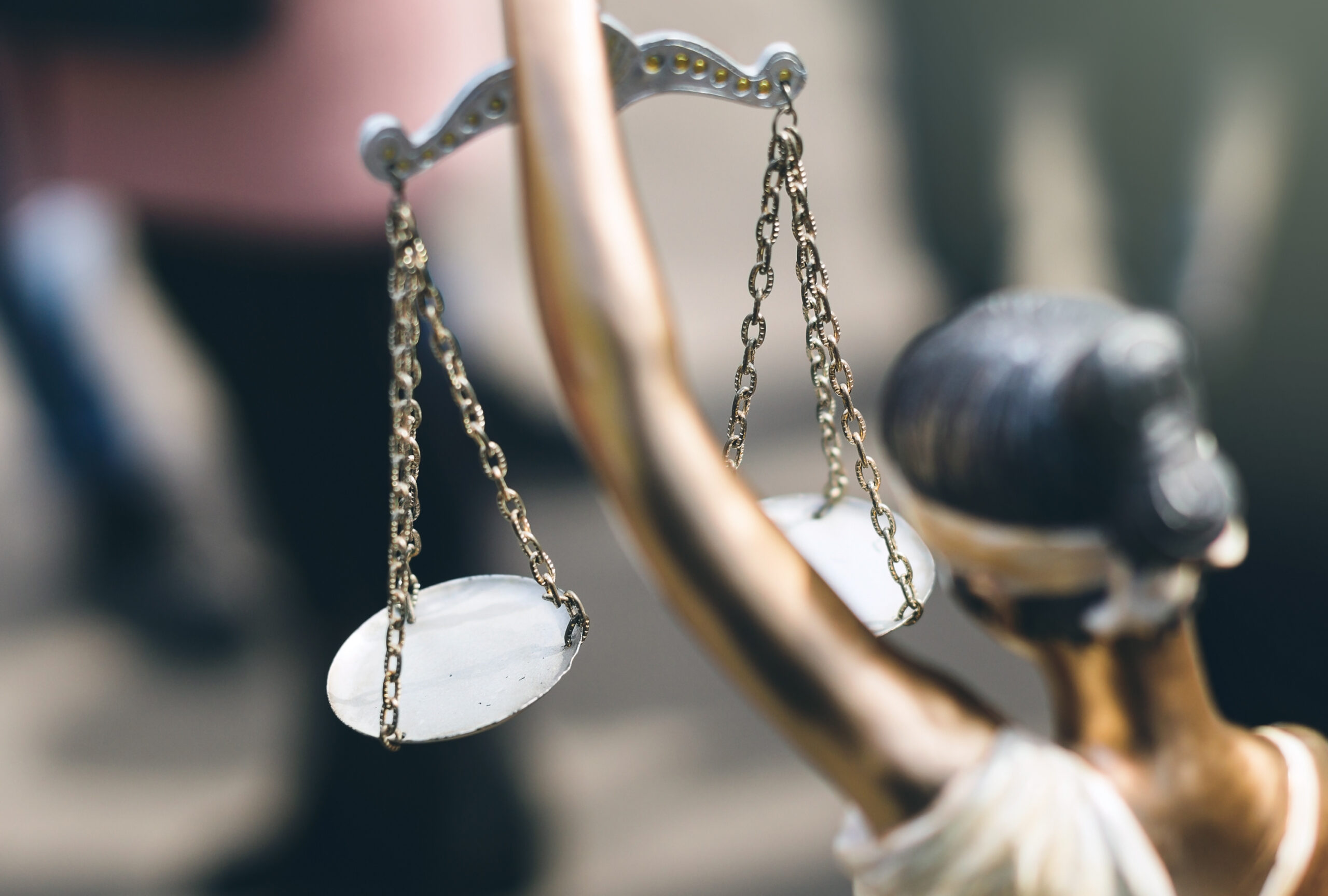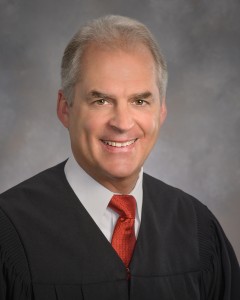
My mother always called me a “character.” It was not meant as a compliment.
Like most children growing up in my Midwestern generation, I was expected to be less individual and more conformist. The 1960s changed all that. These days, everybody tries to out-do each other on Facebook, and no one wants to name their newborn Mary or John (two of my siblings’ names).
Character means something else in the legal profession. Abraham Lincoln reportedly said, “A lawyer’s word is his bond” (this was before women had any right to vote, let alone the right to join the bar). Would any of us judges or lawyers, in this cynical era of fake news, use that quote today?
We all better hope so.
When the public stops believing that its legal system — the community of professional problem-solvers, the independent network of courts, the rule of law rather than rule by any one person — is not reliable, then we have a national emergency more serious than Covid-19.
The greatness of the United States rests upon the simple, intangible trust that justice is real, not a theory. If we can’t believe that, then what’s the use of any society or order or any supposed leadership? Without the feeling that fairness is assured and the rules are applied equally, the soul becomes stale and the world seems uncertain at best.
Character is not an aspiration for lawyers, it is a requirement. It is not an exception, it is the rule. No other profession in the world carries such a heavy obligation because the consequences are so great if we fail.
The character requirement for lawyers means many things in many circumstances. It means that we allow ourselves to care about how law practice affects society at large. It means that we allow ourselves to care about how the case affects the client, apart from the best legal strategy. It means we respect our colleagues (even when we don’t want to) and show that respect in public and to the public at large. It means we work well amid the pressure and panic of losing a client’s case and money. It means we remain positive when the whole world seems to turn on an axis of negativity. It means we admit when we are wrong and apologize when we make a mistake.
That is character.
We judges observe various levels of character from our seats, both on the bench and in our offices. Great character showed forth once when an experienced attorney, having just finished a tough hearing in a case about the suicide of a teenager, stepped into my office to weep and confide how the matter had taken a deep toll.
Character showed forth another time as I watched a young lawyer, very unaccustomed to court, receive extreme courtesy and consideration from a very veteran opposing counsel in the form of a shared computer to look something up. Unheard of? It shouldn’t be.
Character was always there when the late Judge Larry McKinney was around — and that included how my mother used the term. Besides being an invaluable mentor, he was a formidable satirist. Judge McKinney lived the character requirement. He was relentlessly friendly and failed to see any reason why he shouldn’t make counsel feel at home.
Most importantly, he had a high standard of professionalism. He once helped me when I really needed it. I was presiding over a large, high-profile case. I wasn’t treading water, but I was sloshing around waist-high.
I sought his advice in his small office in the federal building (he was on senior status). He allowed me to share my feelings and thoughts. After he listened, he gave the lawyer’s equivalent of a Knute Rockne Gipper speech. He emboldened me, reminded me that I was the judge, and made me feel brave. It was a tough part of him that I had not realized. I learned that the character requirement requires toughness. It was never meant to be easy. It requires a lot of effort and foresight that we did not learn in law school.
Anthony T. Kronman’s famous book The Lost Lawyer argues to restore the ideal of the “lawyer-statesman.” At one time, he writes, “The ideal of the lawyer statesman was an ideal of character . . . one became not just an accomplished technician but a distinctive and estimable type of human being — a person of practical wisdom.”
We judges and lawyers have the learned foundation to lift our heads above the crowd and see how our work affects everyone else. We need character today like never before. We need to believe in the value of open-minded discussion — with clients and colleagues. We need to recognize the quality of our communities and the dead-end of division.
Our objective is the character we seek in ourselves and in each other. Failure is not an option.

CHICAGO – The American Bar Association Judicial Division announced recently that TheNational Ju...

The National Judicial College is mourning the loss of former faculty member Judge Duane Harves, who passed ...

As the world manages an evolving natural environment, The National Judicial College announced today that it...

Do’s Manage your cases systematically Devise a system that works for you and your organizational...

After 22 years of teaching judges, Tennessee Senior Judge Don Ash will retire as a regular faculty member a...
